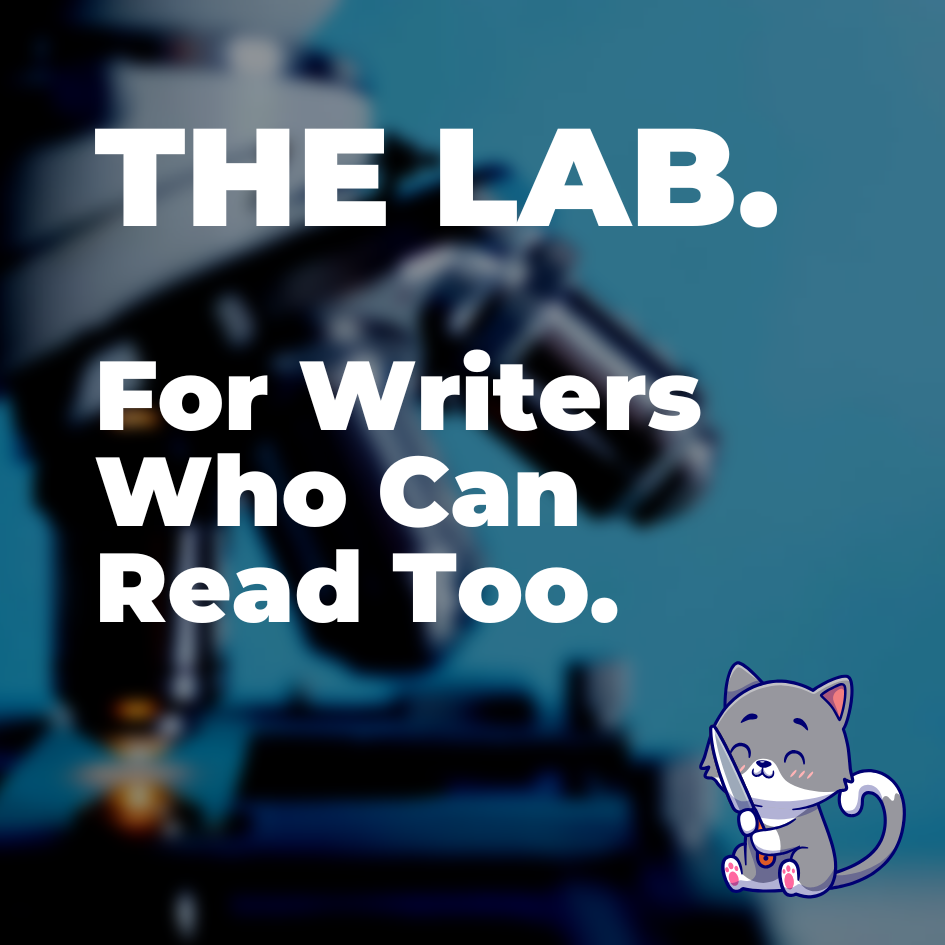As per
@RG Worsey says, there isn't time for long sentences or thinking processes. It's hard to keep the guard up, the arm swinging, the feet trudging through the sludge of blood and mud.
And there's no peripheral vision. The focus is on what's right in front. There's noise everywhere, so it feels like white noise amplified by 50 decibels. A wound may be taken and not felt (that's adrenalin for you), and adrenalin drains quite rapidly for males in a fight, so they start looking around for a rest space - not an escape, but some clean air to breathe.
If you watched Battle of the Bastards in GoT, it was mainly from the POV of one character (Jon) with a few disjointed scenarios that expanded on the sense of utter uselessness and then, in the back of the mind, is the acknowledgement of death breathing in your ear.
Being in a battle, whether it's a gang battle on the streets, or an all-out fight between soldiers of opposing forces that clash head-on (which most try to avoid if they want to survive the battle, which is why they have flanking tactics to shorten the affray) ... anyway, after all that expansion, being in a battle is like drowning in fear that you have to keep buried in your gut, even though the bile is burning your throat and you can't breathe and everyone looks the same and are you facing the right way ... it's a loss of logic and senses, a sense of tragedy. There's no room for propaganda or righteousness - winning is living, losing is dying. That's all there is in the front of mind.
Now, I'll have a read ...
And after the read -
There are a lot of sentences starting with articles (the, etc.) rather than simply showing what's happening. And spaces where events happen without the POV experience. Who is POV? How does it affect them? If an explosion happens, show the explosion and the reaction, rather than tell the events before and after. Show it from the POV experience, which means action-reaction followed by action, etc. For a battle scene, there are a lot of longer sentences, no break between the before and after, and no swirling of battle events (they happen in clumps, rather than constantly). People breathe through their mouths, their eyes are wide and wild, and the bodies are low and braced. Where are the battle stances? Where are the visceral moments?
For me, though, there's a bigger issue. Things are out of order. An example:
The archers drew back on their bows as the Legion advanced towards the walls. The dark line moved purposefully across the sand.
This shows the archers actions before the event that caused it. Yes, they're told to nock, but you don't nock until you're prepared to shoot.
The Legion advanced in rows of [colours, flags, anything else to use as visual effects?]. Archers nocked their bows. The line raised shields and strode across the sand.
Make me feel it as it happens, rather than putting effect before cause, which diffuses tension. Battles are tense and breathless. Make me believe I'm in the middle of a battle, that my heart is beating too fast, that my breathing is louder than the battle drums. Etc.



